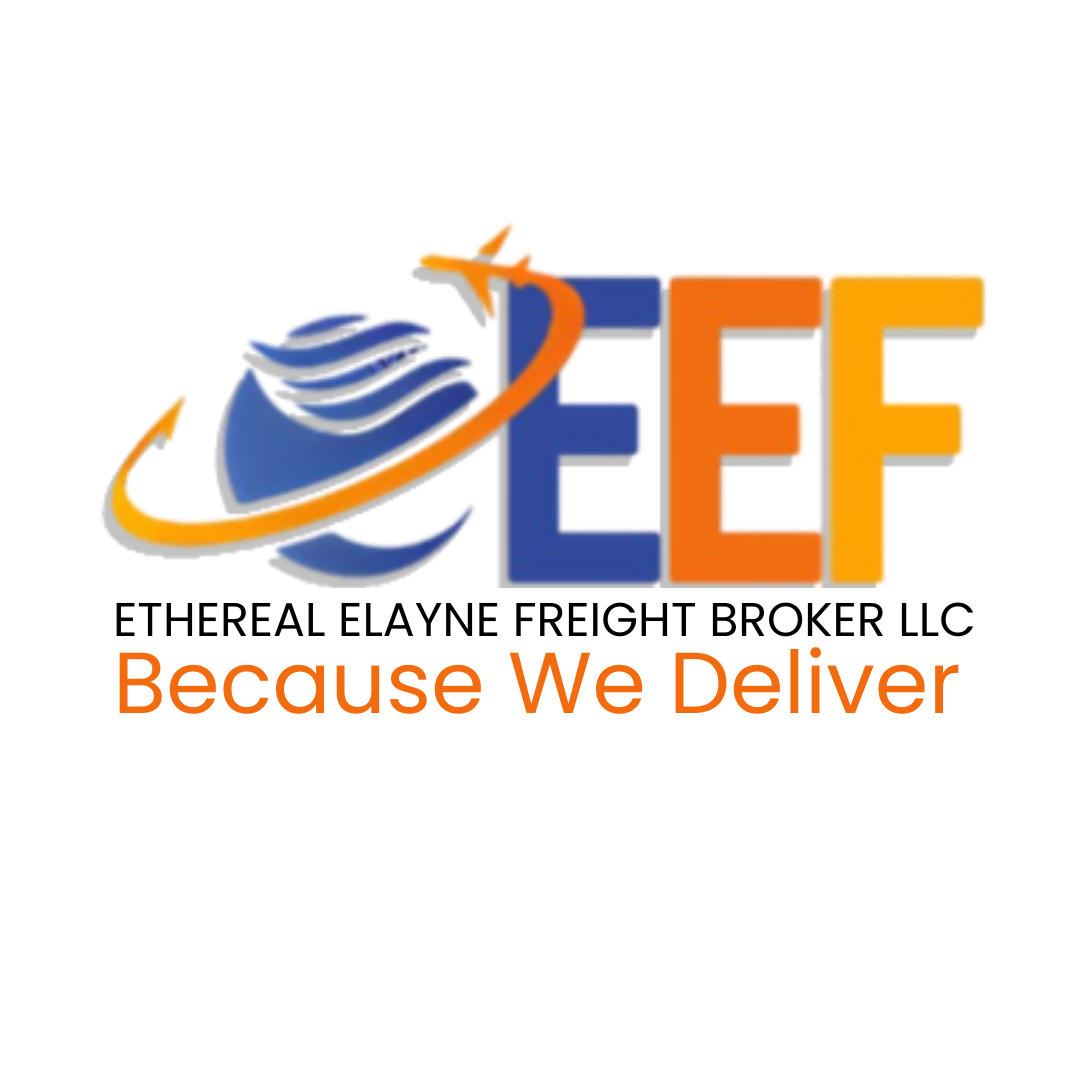Freight forwarding is an essential service that helps businesses and individuals move goods from one place to another, whether across town or around the world. It involves coordinating the various transportation, customs, and logistics aspects of shipping, and can be a complex process. But with the help of a reliable freight forwarder, businesses can streamline the shipping process and focus on what they do best – growing their business.
So, what is freight forwarding exactly? And what is a freight forwarder responsible for? Here’s a closer look at these questions and more:
What is freight forwarding?
Freight forwarding is the process of arranging for the transportation of goods from one place to another, whether by land, sea, or air. It involves coordinating the various logistics involved in shipping, including the mode of transport, routing, documentation, customs clearance, and more. Freight forwarders specialize in this process and act as intermediaries between businesses or individuals and the various transportation and logistics providers involved in the shipping process.
What is a freight forwarder responsible for?
A freight forwarder is responsible for coordinating the various aspects of shipping goods from one place to another. This includes working with the shipper to determine the most appropriate mode of transport and routing, obtaining necessary documents and permits, handling customs clearance, and ensuring that the goods are delivered safely and on time. Freight forwarders also often offer additional services such as cargo insurance, warehousing, and distribution.
Types of freight forwarders
There are several types of freight forwarders, each with a different focus and specialization. Some common types include:
- International freight forwarders: These companies specialize in coordinating the transportation of goods internationally, often using multiple modes of transport.
- Domestic freight forwarders: These companies focus on shipping goods within a specific country, often using trucking or rail transport.
- Specialized freight forwarders: These companies focus on shipping specific types of goods, such as hazardous materials or perishable items, and may have specialized knowledge and equipment to handle these types of shipments.
- Non-vessel operating common carriers (NVOCCs): These companies do not own their own ships or planes, but rather contract with carriers to transport goods. They are responsible for booking space on the vessel or aircraft and handling all necessary documentation.
Can anyone ship without a freight forwarder?
It is possible for a business or individual to ship goods without using a freight forwarder, although it can be more challenging and time-consuming. Shipping without a freight forwarder typically involves coordinating the various aspects of the shipping process, such as arranging for transportation, obtaining necessary documents and permits, and handling customs clearance, on one’s own.
While it is possible to handle the shipping process without a freight forwarder, it can be more complicated and may require more time and resources. Freight forwarders specialize in coordinating the various aspects of shipping and have the knowledge, experience, and connections to make the process more efficient and cost-effective. They can also offer additional services, such as cargo insurance and warehousing, which can be useful for businesses or individuals shipping large or valuable goods.
What are the advantages of a freight forwarder?
Freight forwarders can offer a range of advantages to businesses and individuals shipping goods, including:
- Expertise and knowledge: Freight forwarders specialize in coordinating the various aspects of shipping and have extensive knowledge of the logistics and regulatory requirements involved. This can be particularly useful for businesses or individuals who are new to shipping or are shipping to a destination with which they are unfamiliar.
- Cost savings: Freight forwarders often have established relationships with carriers and other service providers, which can allow them to negotiate lower rates for their clients. In addition, freight forwarders can help businesses and individuals choose the most cost-effective shipping options based on their specific needs.
- Time savings: Coordinating the various aspects of shipping can be time-consuming, particularly for businesses or individuals who are new to the process. Freight forwarders can handle many of these tasks on behalf of their clients, freeing up time for businesses to focus on other aspects of their operations.
- Additional services: In addition to coordinating the transportation and logistics of shipping, freight forwarders may also offer additional services such as cargo insurance, warehousing, and distribution. These can be useful for businesses or individuals shipping large or valuable goods.
What are the disadvantages of a freight forwarder?
However, freight forwarding also has some potential disadvantages:
- Cost: While freight forwarders can often help businesses and individuals save money on shipping, they may also charge fees for their services, which can add to the overall cost of shipping.
- Limited control: By working with a freight forwarder, businesses and individuals may have less control over the shipping process. This can be particularly frustrating if there are delays or other issues that arise.
- Liability: Freight forwarders act as intermediaries between businesses and other service providers, and are not typically responsible for the goods being shipped. This means that if goods are lost or damaged during shipping, the business or individual may have limited recourse.
Overall, freight forwarding is an essential service that helps businesses and individuals move goods efficiently and cost-effectively. By working with a reputable freight forwarder, businesses can streamline the shipping process and focus on growing their business.







